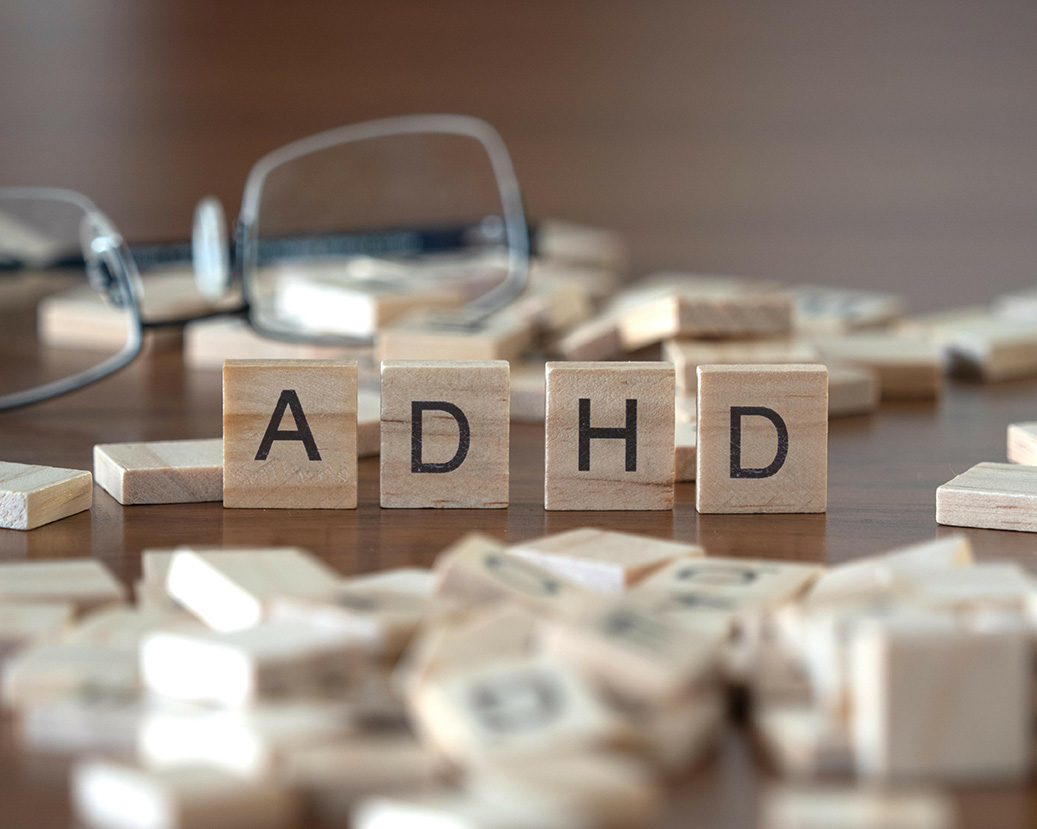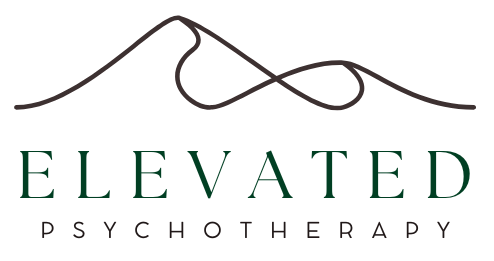ADHD, or Attention-Deficit/Hyperactivity Disorder, is a neurodevelopmental disorder (ND) characterized by persistent patterns of inattention, hyperactivity, and impulsivity that significantly impact daily functioning.
While medications are often considered the first-line treatment for ADHD, therapeutic interventions also play a crucial role in managing symptoms and improving overall well-being.
ADHD can manifest as difficulty sustaining attention on tasks, organizing activities, and following through on instructions. Hyperactivity may present as fidgeting, restlessness, and difficulty remaining seated in situations where it’s expected. These symptoms can have functional impacts across various domains, including academic, occupational, and social functioning.

ADHD in adults, particularly women, often manifests differently than in children, with more subtle and internalized symptoms.
Adult women with ADHD often experience chronic disorganization, forgetfulness, and difficulty managing time and responsibilities, leading to overwhelm and frustration. They struggle to maintain attention during tasks and conversations, leading to frequent mind-wandering and daydreaming. Furthermore, hyperactivity may present as internal agitation or a constant drive to stay busy rather than physical restlessness. Impulsivity might appear as hasty decision-making, interrupting others, or difficulties with emotional regulation, causing mood swings and heightened sensitivity to stress. Women with ADHD face unique challenges due to societal expectations and gender roles, potentially leading to higher rates of anxiety, depression, and low self-esteem. Women are also more likely to be misdiagnosed with ADHD than men, since ADHD tends to be more internalized in women than men.
It is more important than ever to properly diagnose women with ADHD and get them the tailored care they need in order to be successful.
Medications like stimulants and non-stimulants can effectively alleviate ADHD symptoms and are first line treatment, but therapeutic interventions address underlying challenges and promote long-term success.
ADHD therapy helps symptoms by teaching individuals coping strategies to manage their behavior and improve focus. Through targeted interventions, clients learn organizational skills that aid in daily task management. Therapy enhances self-regulation, allowing individuals to control impulsive behaviors more effectively. It also addresses emotional regulation, helping clients manage frustration and stress. These therapeutic techniques promote long-term success by empowering individuals to better navigate challenges related to ADHD.
My expertise in these therapies allows me to tailor treatment plans for each individual’s unique needs, empowering them to manage symptoms and achieve their potential.

